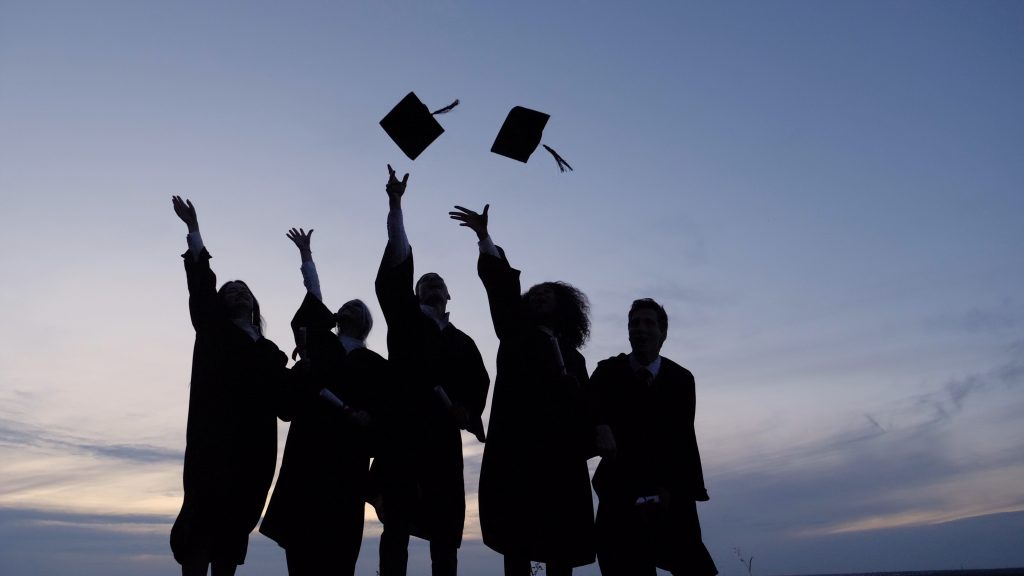By Kimberly James
(The Center Square) – Though state high school graduation rates are at an all-time high and gains have been made in each at-risk category, Kansas education commissioner Randy Watson says there is still room for improvement.
“While 88.3% is a very good graduation rate, it still means that we’re not reaching approximately 12% of our students,” Denise Kahler, director of communications and recognition programs at Kansas State Department of Education, told The Center Square. “A study conducted by the Georgetown University’s Center on Education and the Workforce in 2013 showed that by 2020, 71% of the jobs in Kansas would require the attainment of some level of postsecondary education, which makes it that much more critical for students to graduate high school.”
According to the Kansas State Department of Education, a successful Kansas high school graduate has the academic preparation, cognitive preparation, technical skills, employability skills, and civic engagement to be successful in postsecondary education, in the attainment of an industry-recognized certification, or in the workforce, without the need for remediation.
Kahler said that the Kansas State Board of Education’s vision includes an intentional focus on career exploration for all students. Beginning in middle school, Kansas schools work with parents and students to develop an individual plan of study for each student. This process includes talking with students about their passions and then having them take aligning coursework. This plan is updated annually as the student progresses.
Some of the skills business and industry leaders say are lacking in high school graduates include professionalism, work ethic, collaboration, verbal communications, social responsibility, and critical thinking.
To strengthen those skills, Kansas schools are looking at career exploration, including guest speakers and career fairs in elementary school, job shadowing and mock interviews in middle school, and community internships and apprenticeships, work-based experiences and service learning in high school.
Essentially, Kahler said, the whole process of how students are educated needs to be reevaluated.
“Historically, the system has been built in such a way that it’s the student who has to fit into the system,” Kahler said. “We think it should be the other way around. To increase graduation and postsecondary effectiveness rates, education must be relevant for every student, and that means we have to build a system that personalizes it to each student’s needs.”
